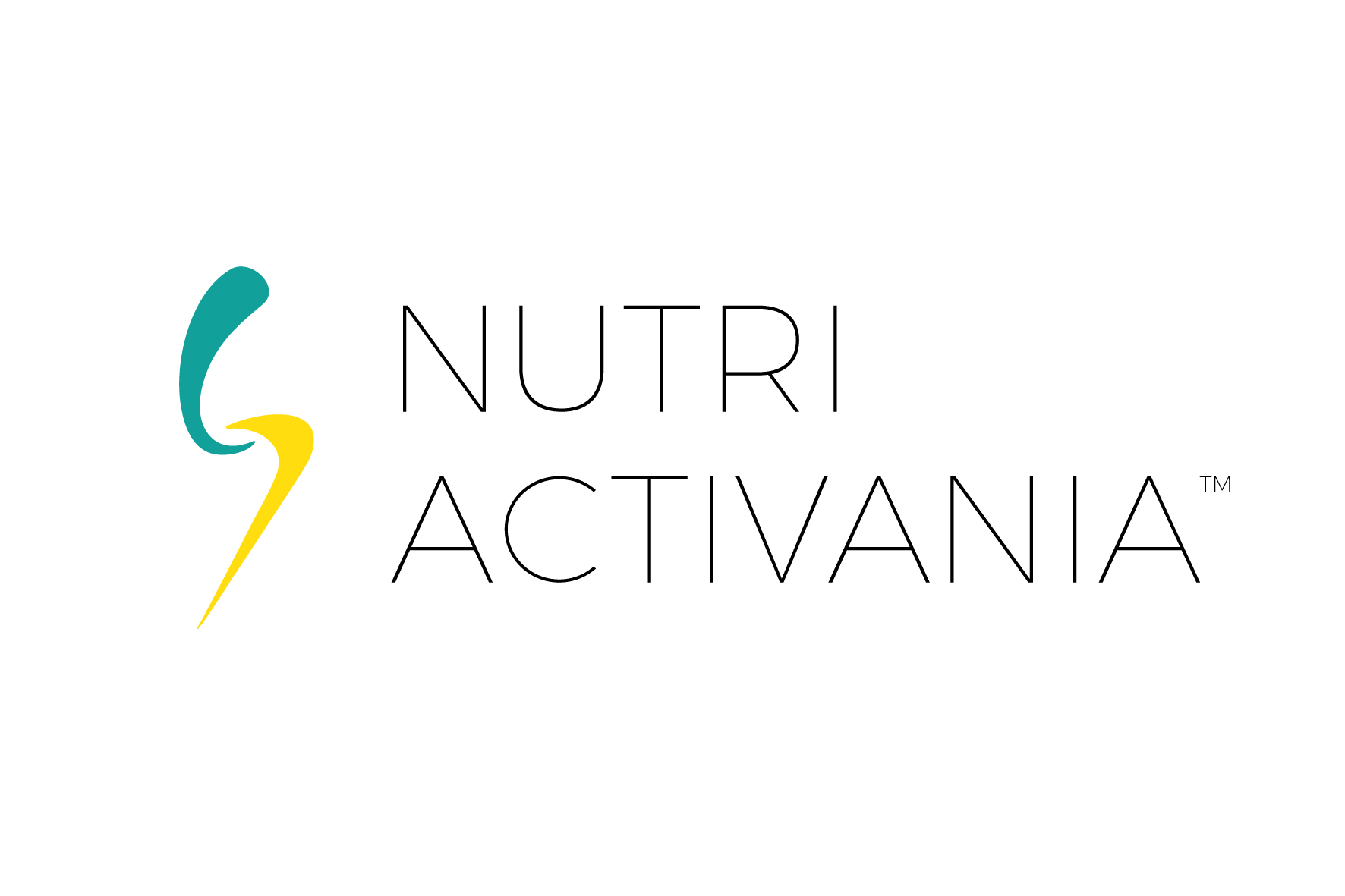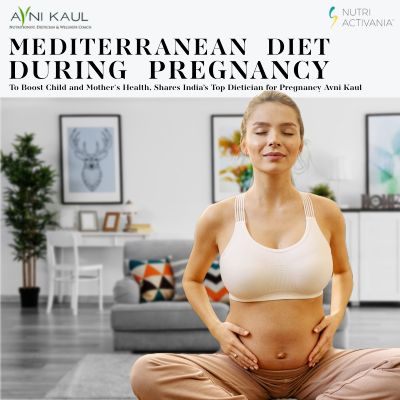To Boost Child and Mother’s Health, Shares India’s Top Nutritionist and Dietician for Pregnancy Avni Kaul
Being a mom is wonderful and brings a lot of happiness, but it’s super important to take care of yourself while you’re pregnant. The food you eat during pregnancy really matters because it gives the baby what it needs to grow well. Nowadays, the Mediterranean diet, emphasising fruits, vegetables, lean proteins, and healthy fats, supports the well-being of both the mother and the growing fetus, promoting a smoother pregnancy and fostering long-term health for the child. Eminent dietician, Avni Kaul explains the significance of the Mediterranean diet during pregnancy in this article.
Mediterranean Diet: What is it?
The Mediterranean diet, influenced by the food traditions of Mediterranean countries like Greece, Italy, and Spain, prioritizes fruits, veggies, whole grains, nuts, seeds, and olive oil. It also includes moderate portions of dairy, fish, and poultry, while restricting red meat and sugary items.
What are the Benefits of the Mediterranean Diet during Pregnancy?
Mediterranean Diet is known to be beneficial for several factors during pregnancy. They are:
- Studies reveal that following a Mediterranean diet during pregnancy lowers risks of preterm birth, preeclampsia (high blood pressure during pregnancy), and eclampsia (a complication of preeclampsia that causes seizures and coma).
- Daily consumption of extra virgin olive oil and nuts with this diet reduces gestational diabetes (diabetes in pregnancy when it didn’t exist before) risk.
- It improves fertility, and egg and sperm quality, especially for those undergoing IVF therapy.
- Helps in the neuro-development of toddlers during the first two years, enhancing cognitive and social-emotional scores.
- Lowers Risk of Stroke and Coronary Heart Disease in Women.
- Reduces the risk of common cancer.
- Prenatal vitamins are crucial for pregnant mothers because they provide essential nutrients that support the health and development of both the mother and the growing fetus during pregnancy.
- Folic acid (a water-soluble vitamin) obtained from fresh green vegetables prevents neural tube defects like anencephaly and spina bifida in the developing baby’s brain and spine respectively.
- Dairy products and leafy greens in the Mediterranean diet provide ample calcium essential for the baby’s bone development.
- This diet is rich in Vitamin D which is essential for healthy and strong bones. Examples: Fatty fish like salmon and tuna, eggs, cheese, and mushrooms, etc.
- Vitamin C can be obtained from oranges, grapefruits, strawberries, spinach, etc. which helps in making red blood cells during pregnancy that carry oxygen to all parts of the body.
- Omega-3 Fatty Acid present in fatty fish like salmon and sardines aids in cognitive development in an infant. Consume 2 to 3 servings of fish weekly; choose low-mercury fish during pregnancy.
- Foods rich in iron like spinach, kale, broccoli, chicken, ham, turkey, etc. help to prevent anaemia in the mother and support the baby’s growth and development.
- Healthy fats: The Mediterranean diet relies on olive oil and nuts as primary sources of unsaturated fats, which can reduce total and LDL cholesterol. Swapping saturated fats for polyunsaturated fats from sources like seafood, seeds, nuts, legumes, and certain vegetable oils lowers the risk of cardiovascular disease and related fatalities.
- Fibre: The diet’s emphasis on whole grains, fruits, and vegetables provides ample dietary fiber, which helps combat common pregnancy discomforts like constipation.
- Lower Blood Pressure: The diet’s low sodium content combined with potassium-rich foods can help maintain healthy blood pressure during pregnancy.
- Helps to maintain a healthy weight before and during pregnancy.
- The Mediterranean diet, rich in fruits, vegetables, and herbs, offers diverse antioxidants and phytochemicals, bolstering the immune system and promoting overall health and well-being.
What is the Indian Version of the Mediterranean Diet?
The Indian equivalent of a Mediterranean diet emphasizes whole grains, legumes, vegetables, lean proteins (like lentils, beans, dairy, lean meats, and fish), and healthy fats (such as ghee, olive oil, and nuts). Incorporating millet, fruits, vegetables, dairy, and adequate protein ensures a balanced nutrient intake. The Mediterranean diet, with its focus on nutrient-rich foods, healthy fats, and antioxidants, supports a healthy pregnancy, benefiting both the mother and the baby, and fostering their overall well-being. Do not hesitate to contact your nutritionist in case you are in doubt.
Source: https://www.ncbi.nlm.nih.gov/pmc/articles/PMC6566342/
- Is It Safe to Eat Mango If You Have Diabetes? - April 30, 2024
- Amazing Indian Foods to Lower Your Blood Pressure Level Naturally - April 26, 2024
- Fruits That Can Help You Lose (or Maintain Your) Weight - April 23, 2024

